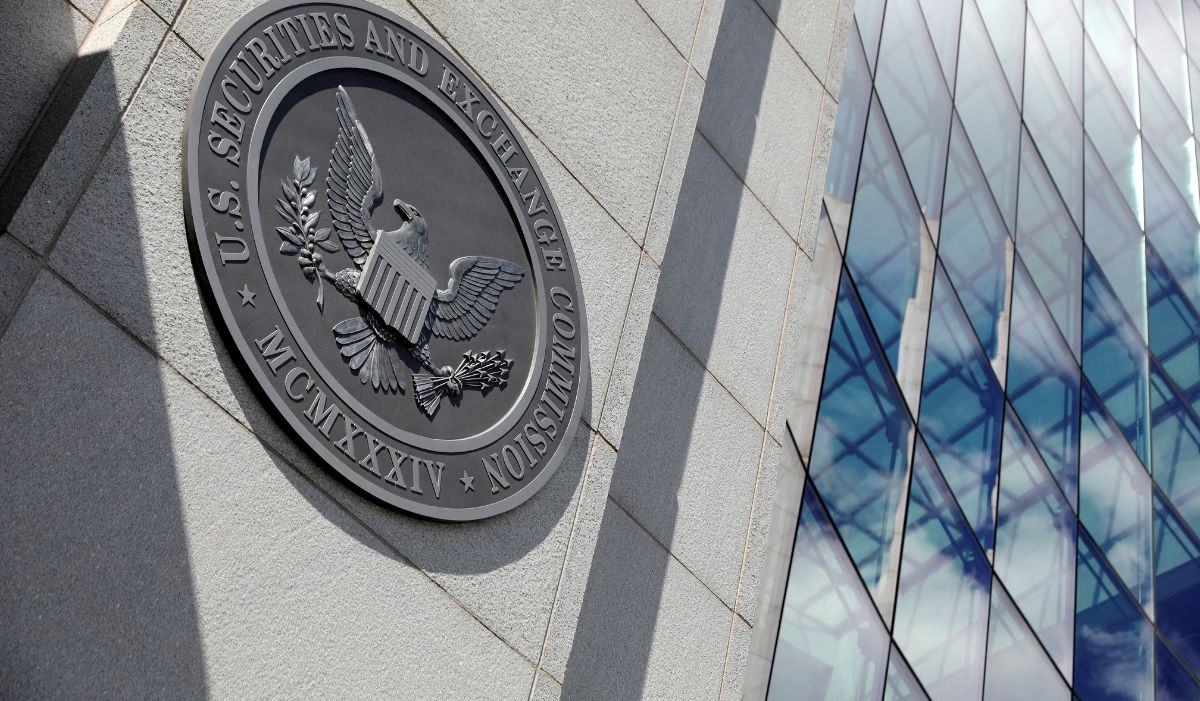US Regulators Say Liquid Staking Doesn’t Qualify as Securities Offering

The U.S. Securities and Exchange Commission (SEC) has clarified that certain liquid staking activities fall outside the scope of federal securities laws. In a statement released on August 5, 2025, the SEC’s Division of Corporation Finance explained that, under specific conditions, protocols or platforms enabling liquid staking are not engaging in securities offerings.
Liquid staking allows users to lock their crypto assets into a network for staking rewards while still retaining liquidity via receipt tokens. These tokens, which can be traded or transferred, reflect ownership of the staked assets without breaking the link to ongoing rewards.
According to the SEC’s analysis, these receipt tokens do not constitute investment contracts under the Howey Test, which is the framework traditionally used to determine whether an asset qualifies as a security. The key reasoning lies in the fact that these tokens represent a user’s claim to their assets, and not a profit-sharing agreement based on the efforts of others.
The Commission also pointed out that providers facilitating liquid staking—whether protocol-level or third-party—are not considered to be managing or directing investor profits. Their involvement is deemed administrative or technical rather than entrepreneurial, which means they don’t meet the standard criteria for issuing securities.
SEC Chairman Paul S. Atkins praised the update, calling it an important step toward regulatory clarity. “This staff guidance helps distinguish compliant crypto activities from those requiring SEC oversight,” he noted.
The statement is part of the SEC’s broader “Project Crypto” initiative aimed at offering more precise regulatory direction for digital assets without stifling innovation. By drawing clear boundaries, the agency hopes to encourage responsible growth in the crypto sector while giving developers and service providers a better understanding of where they stand legally.
For now, as long as liquid staking systems operate transparently and avoid centralising control or profit mechanisms, they will remain outside the SEC’s jurisdiction.





